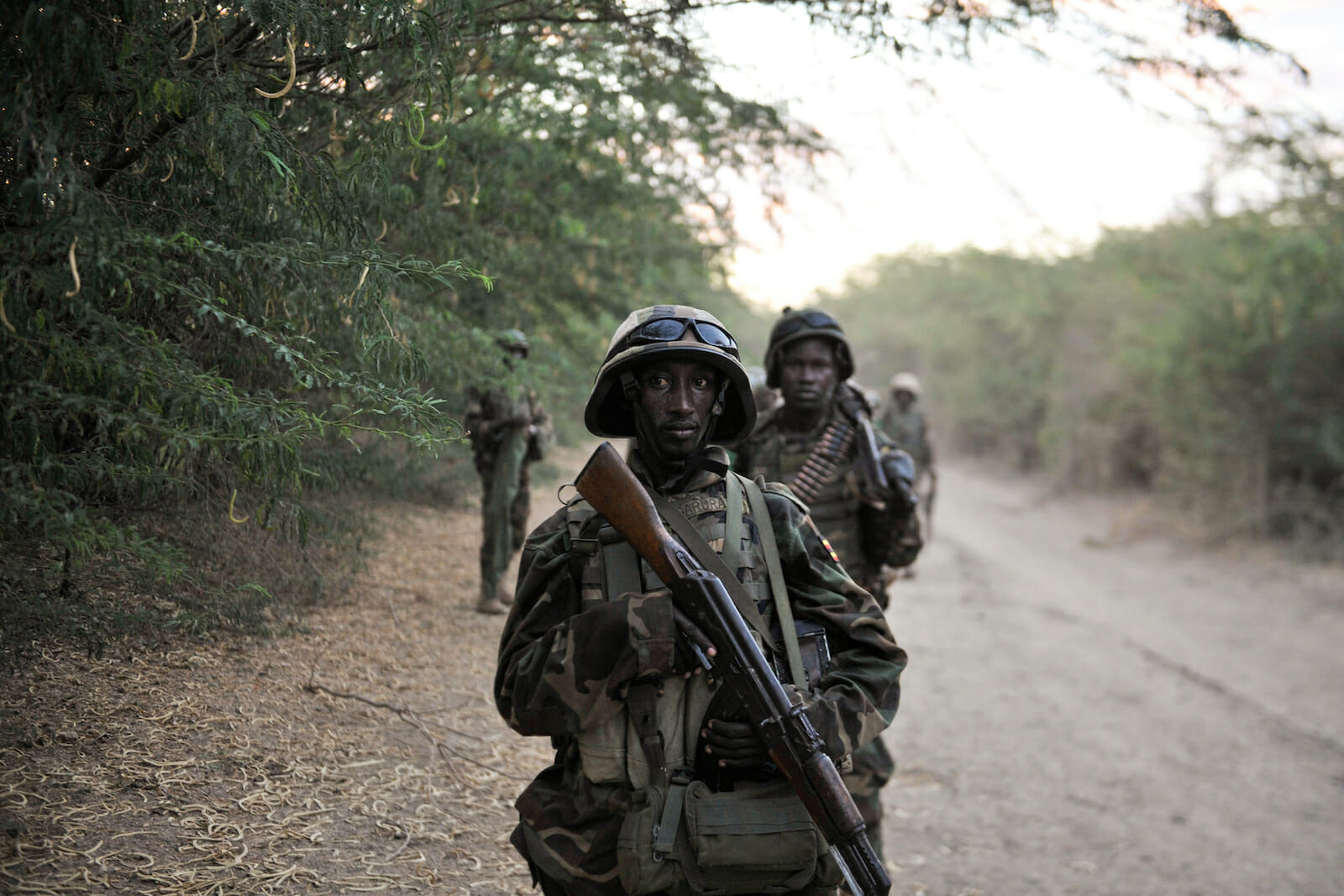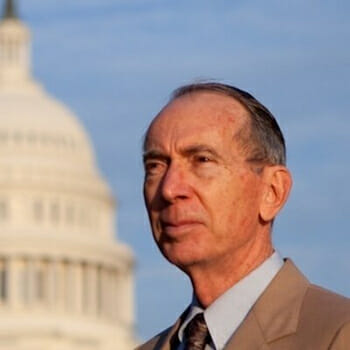
Paths to Achieve Peace and Security in Africa
It is impossible to separate peace and security in Africa from economic development, democratic governance, and improvement in the daily lives of Africans, including those from ethnic and religious minorities. A significant failing in any one of these three areas will put in serious doubt the ability of a country to maintain peace and security. Africa has experienced impressive economic growth in recent years. That is the good news. At the same time, too many African countries continue to experience conflict. That is the bad news. Conflict can quickly reverse the benefits of even strong economic growth. Fragile states are especially susceptible to conflict.
The African Development Bank estimates there are 20 “fragile states” today in Africa. Almost half of these states qualify as “middle income,” a shift from a decade ago when most were low-income countries. The African Futures Project, a collaborative effort involving the Institute for Security Studies in South Africa and the Josef Korbel School of International Studies at the University of Denver, uses criteria that identify 26 fragile African countries. It projects that 10 of these countries will remain fragile until at least 2050. Whether the number of fragile states in Africa is 20 or 26, the large number is of concern for many reasons. Adding to the concern is the estimate that by 2050 some 23 percent of the world’s population will be living in Africa.
Fortunately, many African countries have experienced notable economic development in the past decade. The cumulative GDP growth rate in recent years of about 5 percent annually for Africa’s 54 countries has been impressive. But it is somewhat less impressive on a per capita basis, which takes into account Sub-Saharan Africa’s high population growth rate. Nor does the cumulative growth rate for all of Africa distinguish between those African economies that have performed very well and those that have done poorly. Nevertheless, significant economic progress has probably resulted in the absence of conflict and instability in a few African states where it otherwise would have been a problem.
Africa now constitutes a modest 2.5 percent of the global economy; this will increase to an estimated 6.5 percent by 2050. GDP per capita, however, is projected during this period to grow at a slower rate than the global average.
Improved physical infrastructure (roads, airfields, ports, dams, railways, electrical grids, etc.), which will be discussed at this conference and where Chinese government loans and Chinese companies have made a major contribution, is visible today in the vast majority of African states where I have been living or visiting since 1967. On the other hand, Africa continues to lag in the implementation of new technology, including rapid information systems and access to the Internet.
There are several areas that need urgent attention. Those countries that depend heavily on natural resources such as oil, gas, and minerals must develop a long-term strategy for economic growth as these resources diminish or even disappear. Sudan faced this problem precipitously when the independence of South Sudan resulted in the loss of three-quarters of its oil. This political change followed a long period where Sudan allowed its agricultural sector to deteriorate. There is seemingly no backup plan.
Africa could benefit enormously from economic integration and significantly increased intra-African trade. Until infrastructure more effectively links the African countries, however, the focus may have to be on sub-regional economic integration. African leaders also need to provide additional incentives to the private sector and give greater emphasis to the empowerment of women in the economy. Some of the challenges facing African states are not of their making and will require significant international assistance to redress the problem. Climate change is a case in point. Africa is responsible for only about 4 percent of the world’s CO-2 emissions but will experience a disproportionate negative impact from global warming.
In the final analysis, Africans just want quality of life to improve for themselves and their progeny. Most are probably willing to accept the status quo so long as quality of life is at an acceptable level. But if there is a perceptible reduction in their quality of life over an extended period of time, chances are good the result will be instability, conflict, and/or violence.
High levels of income inequality, a situation where there are small numbers of excessively wealthy elite combined with a small middle class and a very large low-income group, lead to instability. I do not support the school of thought that believes poverty causes conflict, instability, and the rise of terrorist groups. But poverty does contribute to an environment that allows these negative conditions to take root.
Most of the social and economic factors that define a poor quality of life are well known. They include high rates of malnutrition, high child mortality levels, low levels of life expectancy, high percentages of unemployment especially among youth, high levels of inflation, and inadequate access to health care, safe water, and good sanitation. One of the issues African governments must deal with urgently is the rapid pace of unplanned urbanization and the demands it places on the delivery of services. Related to urbanization is the need to focus on the serious problem of youth underemployment and unemployment.
Good governance remains a serious issue in many African states. I am not suggesting that African states adopt a system that parallels governance in Europe or North America. There are, however, some basic concepts that historically have worked well for accommodating minority views, minimizing economic inequality and political marginalization, and allowing society to exercise pressure for change before it reaches the level of violence and conflict. These concepts include providing space for political, economic and religious minorities to express their views openly; a strong and independent judicial system; strict adherence to the rule of law; transparency in government decision-making; a system that regularly results in change of political leadership; a government that makes every possible effort to mitigate corruption; and one that is responsible in both name and fact to the will of the majority.
Democratic governance comes with its own messy problems, but over the long-term, it has proven to be an excellent safety valve and system for releasing political, economic and social pressure. A well-governed state that operates on basic democratic values will minimize the serious problem of alienation and exclusion and, as a result, the likelihood of insecurity and violent conflict. All of the issues are important to peace and security in Africa and most are critical, at least in some states. The list is long. While it is not necessary to resolve all of them to ensure peace, it is important that African states make progress on most of them.

